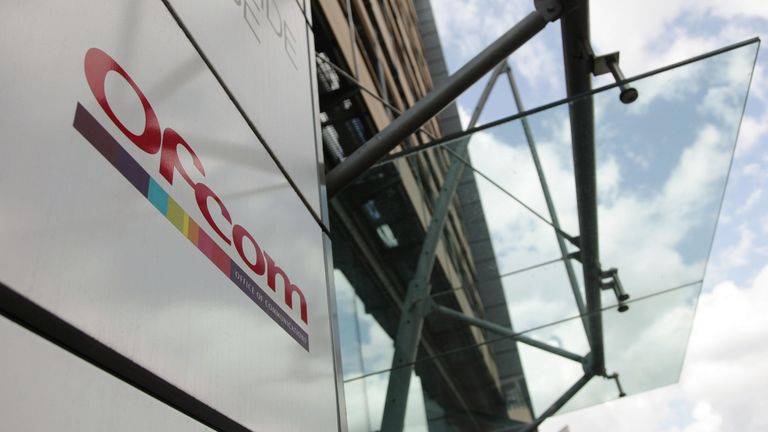The education secretary today announced the government was “significantly stepping up the digital support we are providing to schools and parents” as pupils across the country switch to remote learning.
Gavin Williamson said the government had purchased more than one million laptops and tablets to enable disadvantaged children to access their education, and said that by the end of next week the government would have delivered three quarters of these.
He also said the Department for Education (DfE) was working with the UK’s leading mobile networks to provide “free data for key educational sites”, and applauded the Oak National Academy in particular for providing free online video lessons “for all ages across all subjects” that students will be able to access.
But the plan is more complicated than it seems.
How do pupils access free data?
Teachers are responsible for applying to the government to order laptops and tablets, or internet access for disadvantaged children.
This is aimed to suppress abuse of the offer – so people who don’t really need the access aren’t able to receive it – and ensure that those who do need help get it, as they often do not ask for assistance.
Teachers and people working for local authorities are able to make these requests through DfE’s “Get help with technology” programme.
Disadvantaged children in years 3 to 11 can receive 4G wireless routers, while children with access to a mobile phone on one of the following providers can receive a data increase:
• Three
• Smarty
• Virgin Mobile
• EE
• Tesco Mobile
• Sky Mobile
• O2
Vodafone, which is not part of the data increase scheme, told Sky News: “We launched our schools.connected programme in November and all 350,000 data SIMs have now been ordered by more than 9,000 schools and FE colleges across the UK.
“These SIMs are ready to be used by students during the current lockdown. We focused on ensuring a quick and easy ordering process, and putting schools and colleges in control of distributing the connectivity to those they felt needed it most.”
What are the ‘key educational’ sites the education secretary mentioned?
This is one of the most challenging questions facing the government.
Although mobile networks zero-rated the websites of some abuse charities and the NHS during March – meaning mobile users were not charged towards their data allowance for any data downloaded from accessing sites – these services are much easier to specify than others offering remote education.
For instance, some education websites, such as the Oak National Academy’s, include videos of lessons hosted on third party sites, including YouTube and Vimeo, and Oak uses a hosting provider called Mux.
Mobile providers would not be able to zero-rate these videos because there is no technical way to distinguish an educational video on YouTube from any other piece of content on the platform.
Subscribe to the Daily podcast on Apple Podcasts, Google Podcasts, Spotify, Spreaker
The only option would be to let everyone have free data access to YouTube, something that would be commercially infeasible as YouTube makes up such a significant proportion of their traffic.
“There are technical challenges with zero-rating individual websites if the content is hosted from external sources such as YouTube,” Vodafone told Sky News. “But we are happy to zero rate sites where it’s technically viable and helps people in need.”
Speaking to Sky News, Oak National Academy’s Jonathan Dando acknowledged this was a technical challenge, but said the academy was working with Mux to find an independent domain to host their videos on, which hopefully would enable mobile networks to zero-rate the sites.
What about net neutrality?
Sources in the mobile industry have told Sky News that they do not expect Mr Williamson’s statement about targeting free data for key educational sites to come to fruition due to net neutrality laws.
As defined by Ofcom, net neutrality is “about people being free to access all legal internet content equally, without broadband providers interfering”.
If the ISPs were forced to give preferential treatment in terms of zero-rated data to particular educational websites ahead of others, then they could be running foul of this law and potentially putting sites competing with the Oak National Academy at a disadvantage.
Mr Dando told Sky News: “We’re not calling for this indefinitely, but as a response to the current situation.”
He added that he would hope other providers of education content would also be included within Mr Williamson’s definition of “key education” sites, but noted that as a DfE-funded organisation and part of the national education contingency framework then he would expect Oak National Academy to be there too.
A spokesperson for the Department for Education said that the details of Mr Williamson’s statement regarding free data access would have to be clarified by the Department for Digital, Culture, Media and Sport (DCMS).
A DCMS spokesperson was unable to respond to Sky News before publication. Ofcom was also unable to respond.



